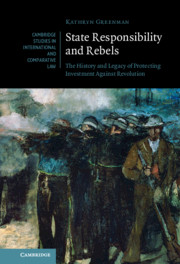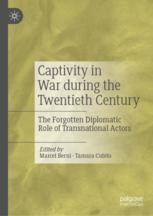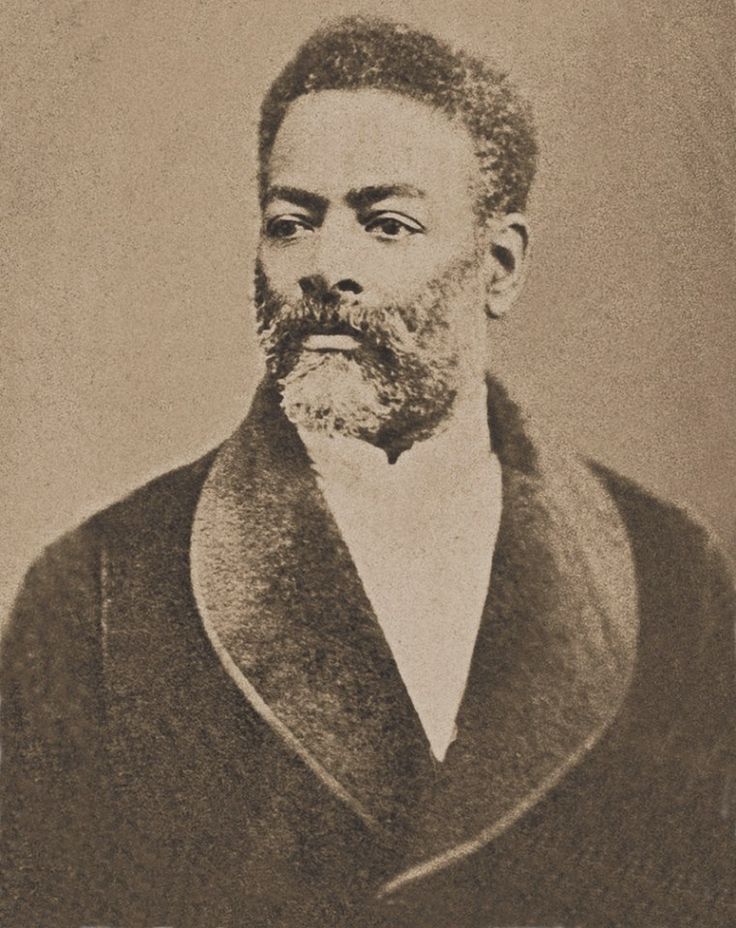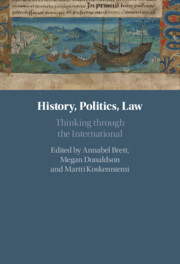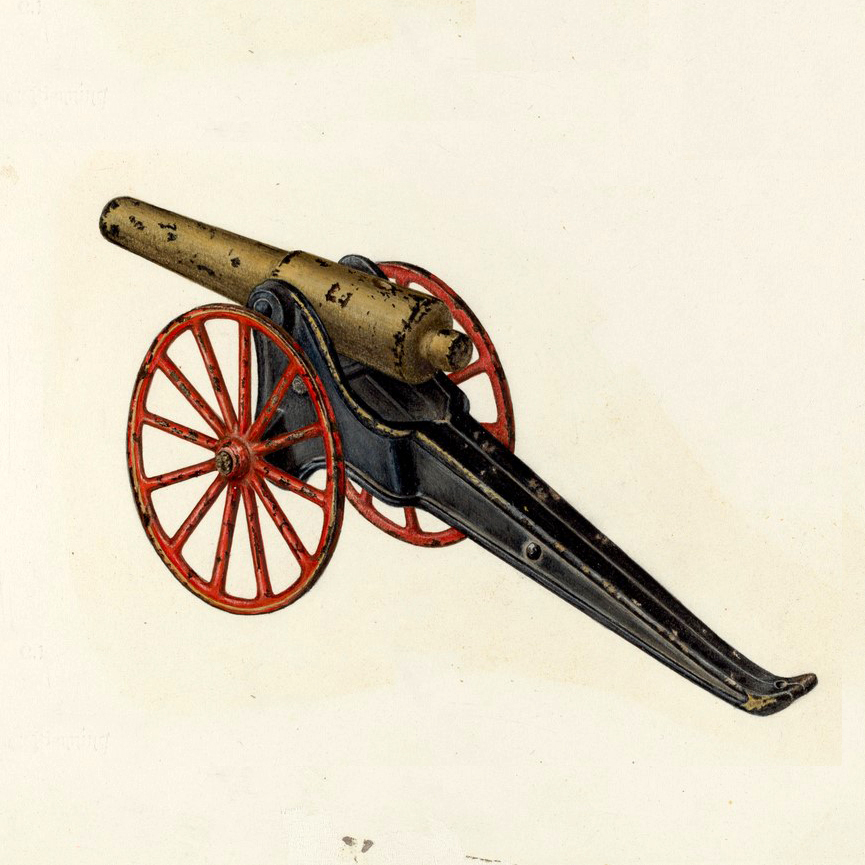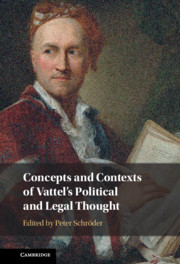This book traces the emergence and contestation of State responsibility for rebels during the nineteenth and early-twentieth centuries. In the context of decolonisation and capitalist expansion in Latin America, it argues that the mixed claims commissions-and the practices of intervention associated with them-served to insulate economic order against revolution, by taking the question of who assumed the risk of harm by rebels out of the scope of national authority. The jurisprudence of the commissions was contradictory and ambiguous. It took a lot of interpretive work by later scholars and codifiers to rationalise rules of responsibility out of these shaky foundations, as they battled for the meaning and authority of the arbitral practice. The legal debates were structured around whether the standard of protection against rebels owed to aliens was nationally or internationally determined and whether it was domestic or international authority that adjudicated such standard-a struggle over the internationalisation of protection against rebels.
Kathryn Greenman is Lecturer in Law at the University of Technology Sydney. She is a co-editor of Revolutions in International Law: The Legacies of 1917 (Cambridge University Press, 2021) with Anne Orford, Ntina Tzouvala and Anna Saunders.
(source: CUP)

